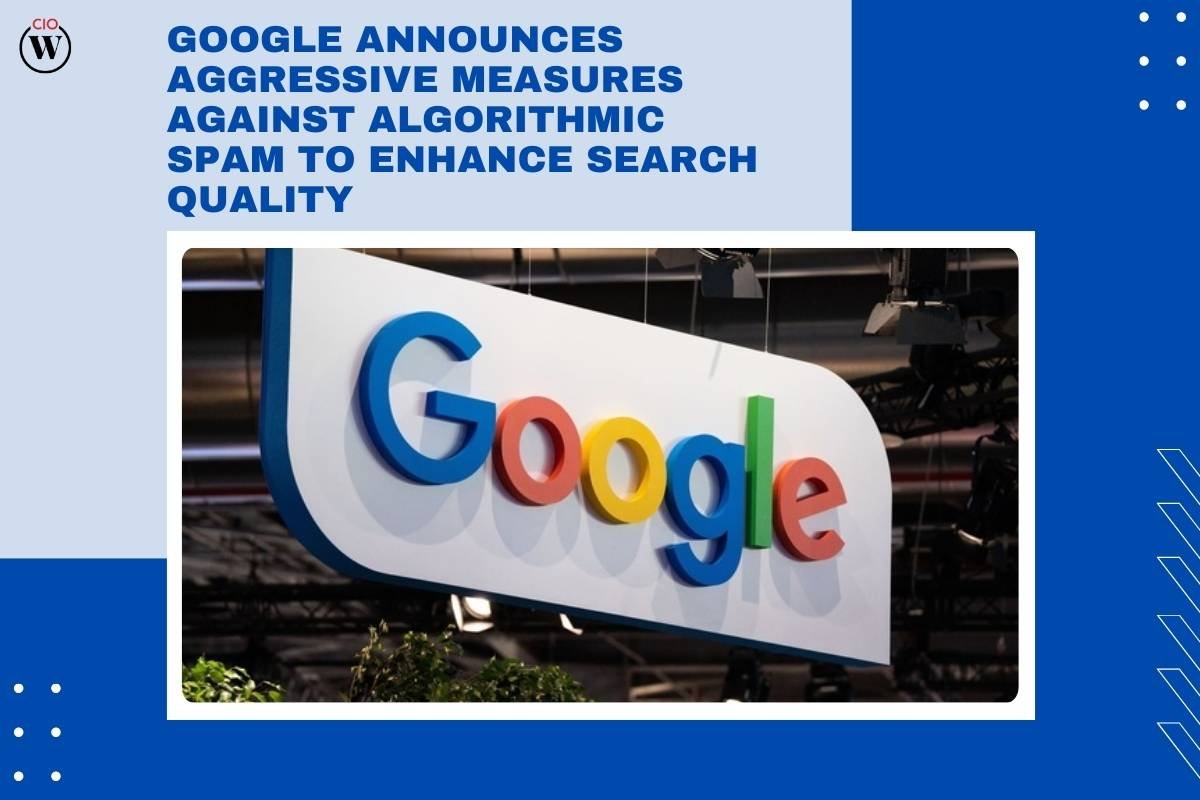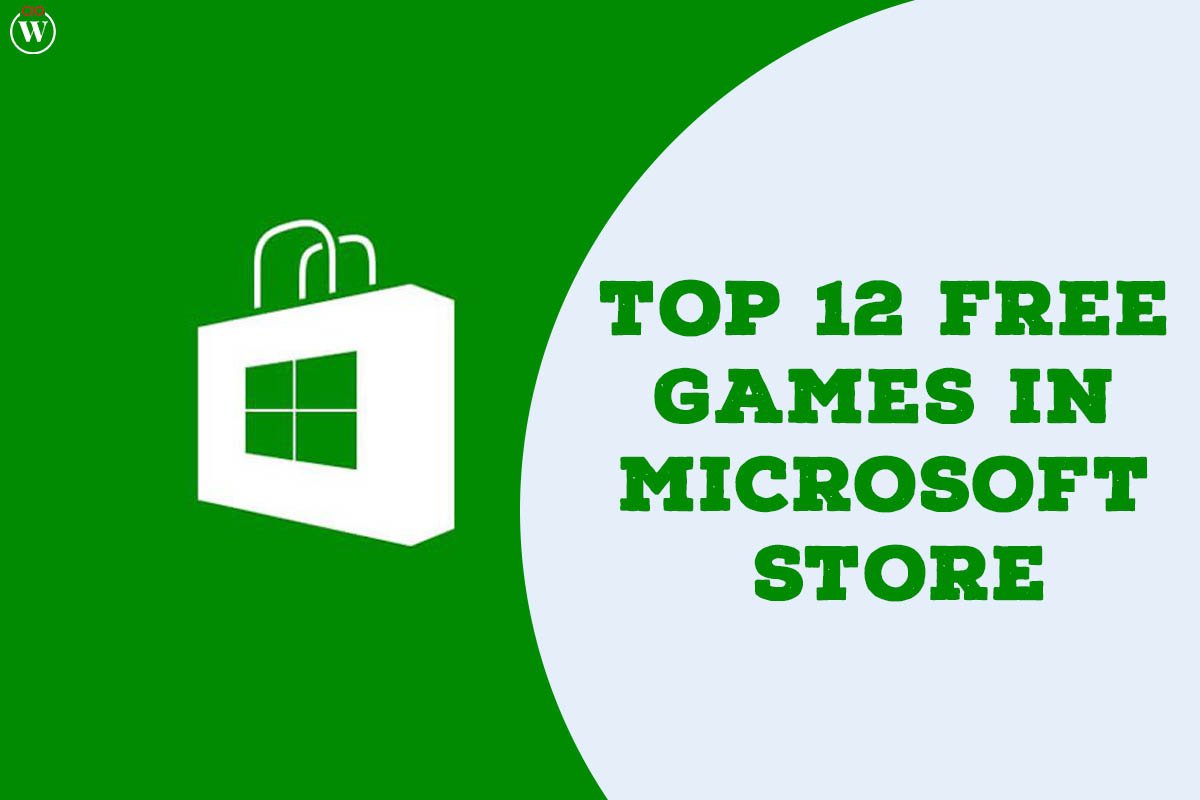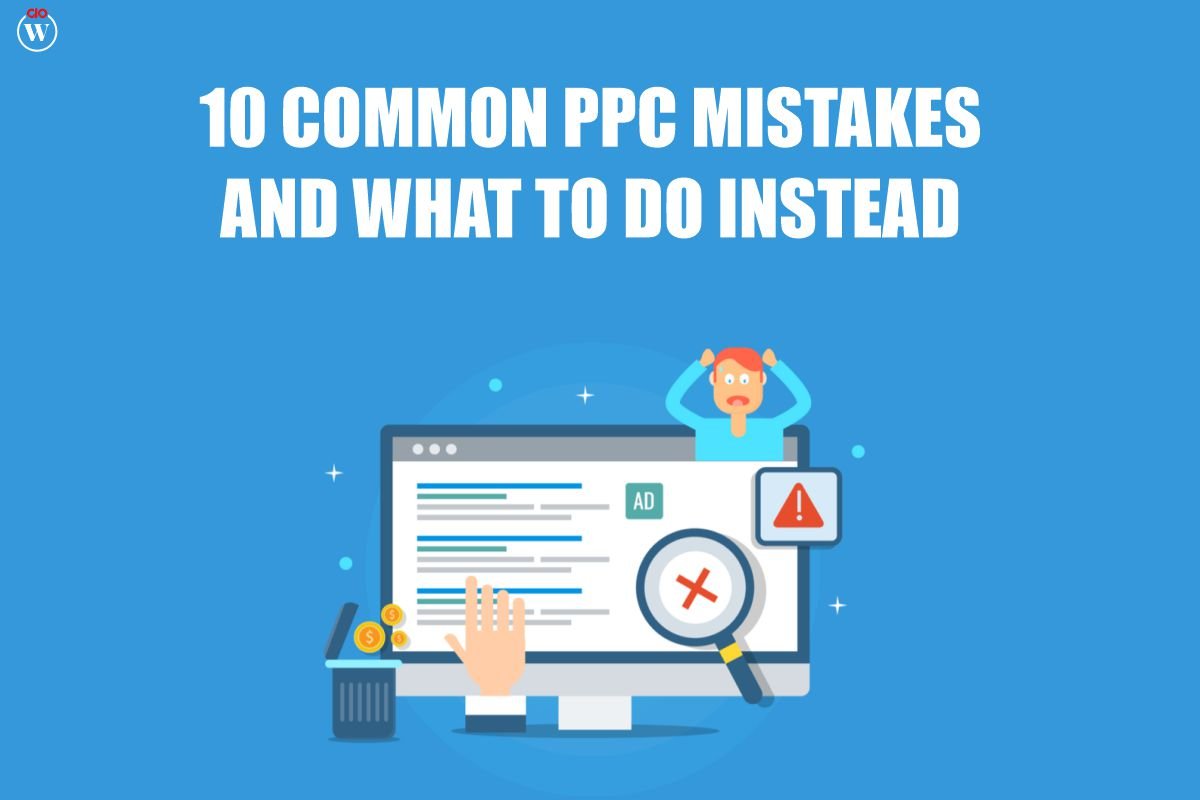Source – Quora
In a monumental move, Google has unveiled sweeping changes aimed at combatting algorithmically generated spam in its search results. The tech giant’s announcement includes a comprehensive Google AI Spam Update policy, signaling a significant step towards curbing the proliferation of AI-driven clickbait. The impending alterations are poised to be among the most substantial updates in Google’s history, with industry experts anticipating transformative effects on the digital landscape.
Lily Ray, Senior Director of SEO at Amsive, describes the impending changes as potentially revolutionary, emphasizing their potential to reshape the online environment. Google asserts that these modifications will lead to a remarkable 40% reduction in “low-quality, unoriginal content” within search results. A primary focus of the initiative is to mitigate “scaled content abuse,” a term coined by the company to describe the mass influx of articles and blog posts designed to manipulate search engine algorithms.
Targeting Domain Squatting and Google AI Spam Update
Google’s renewed efforts extend to addressing the scourge of “domain squatting,” a practice where opportunistic entities purchase well-known websites to exploit their established reputations. The perpetrators often replace original content with artificially generated articles, exploiting the rise of next-generation tools such as ChatGPT. The proliferation of domain squatting has marred Google Search’s credibility in recent years, leading to a surge in low-quality and manipulative content.
SEO expert Gareth Boyd, founder of Forte Analytica, underscores the severity of the issue, acknowledging his past involvement in creating similar sites. The rise of AI clickbait networks, as reported by WIRED in February, further underscored the problem, revealing instances of domain squatting used as a strategy to disseminate AI-generated content on reputable websites, tarnishing their integrity. Google’s new policy explicitly categorizes such behavior as spam, representing a stern stance against these deceptive practices.
Tackling Reputation Abuse and Future Implementation
Beyond domain squatting, Google’s updated policy also takes aim at “reputation abuse,” wherein trustworthy websites permit the publication of substandard content by third-party sources. Examples cited include the hosting of incongruous sponsored content on reputable platforms, such as payday loan reviews on educational websites. While the enforcement of most aspects of the spam policy will be immediate, Google has provided a 60-day notice before cracking down on reputation abuse, affording websites an opportunity to align with the new guidelines.
Pandu Nayak, Google’s Vice President of Search, reveals that the company has diligently worked on this extensive Google AI Spam Update since the conclusion of the previous year. This broader effort to combat low-quality content, including AI-generated spam, has been an ongoing initiative since 2022. Nayak emphasizes the complexity of developing effective changes and acknowledges the time-consuming nature of addressing these challenges.
SEO experts express cautious optimism regarding the potential efficacy of these changes, with Lily Ray expressing hope for a restoration of Google’s search quality to its former standards. As the industry awaits the implementation of these measures, the impact on online search dynamics remains a topic of keen interest and speculation.









